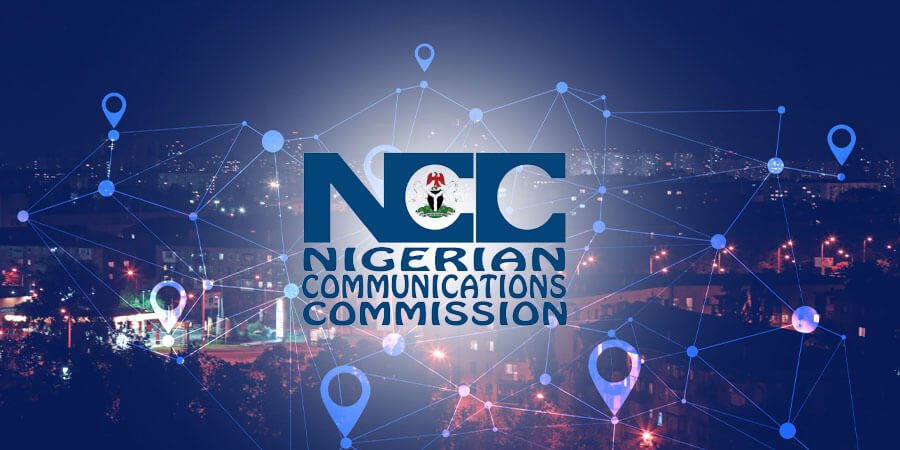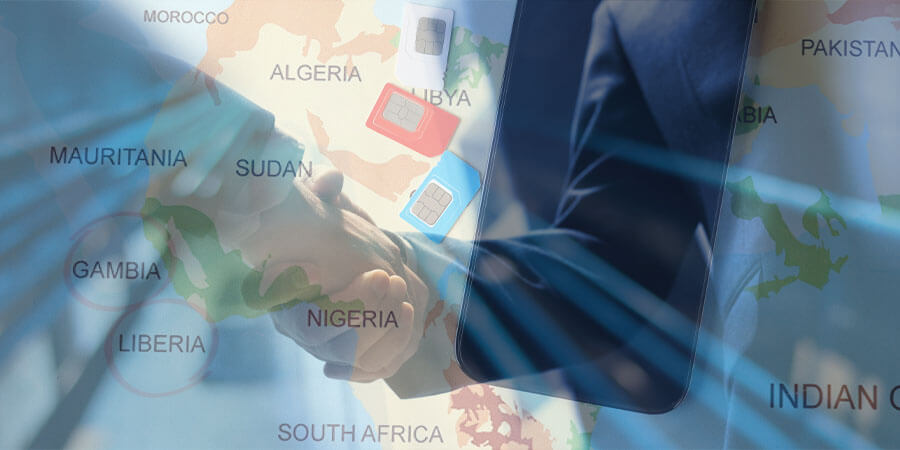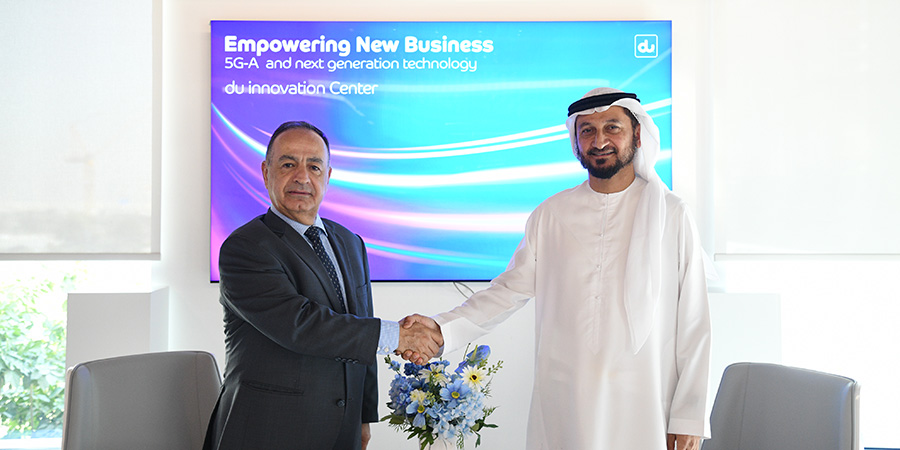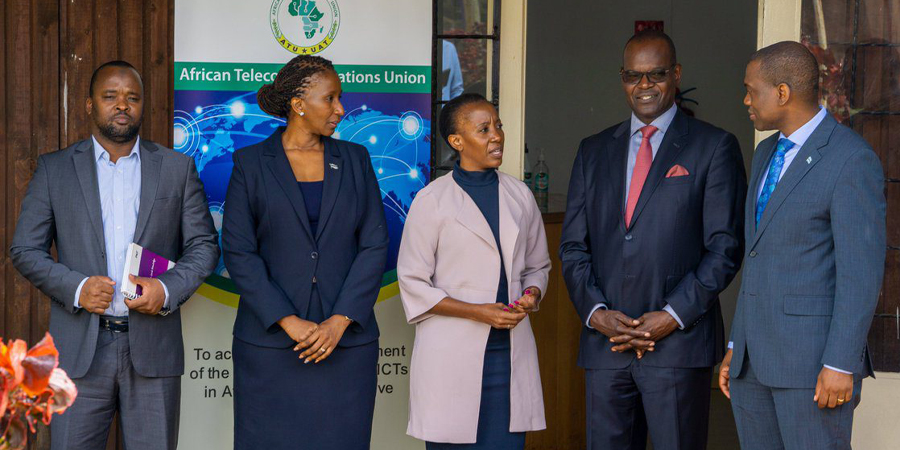The Malawi Minister of Foreign Affairs, Nancy Tembo, signed and ratified the Constitution and Convention of the African Telecommunications Union (ATU). This ratification provides Malawi with significant privileges and rights, including active participation in all ATU activities, meetings and conferences. Additionally, Malawi gains the right to nominate candidates for elective positions and the opportunity to vote and hold positions on the Union's Board of Directors.
It is important to note that the Constitution and Convention serve as the fundamental documents of the ATU. While Malawi initially signed these documents during the organization's establishment in 1999 in Cape Town, South Africa, they underwent revision in Harare, Zimbabwe, in 2014. Consequently, all member states, including founding members like Malawi, are required to officially ratify this revised version. Currently, 27 member states have already fulfilled this requirement.
John Omo, the Secretary-General of the ATU, stated, "The Union is committed to deepening collaboration with Malawi and all countries that have taken this bold step, which is crucial to strengthening national capacities, developing policies and establishing regulatory frameworks that promote digital transformation across the African continent. The country can now actively leverage the expertise and support of other member states to drive telecommunications/ICT growth, advance innovation and ultimately accelerate socio-economic progress."










































